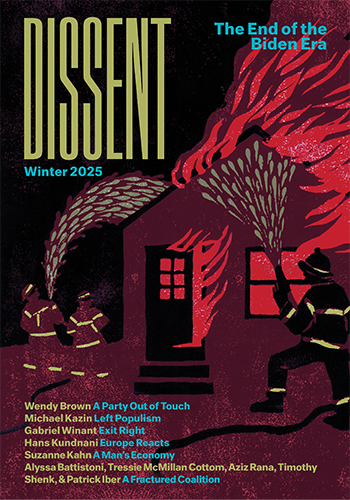Misreading Obama
Misreading Obama
A Home Elsewhere: Reading African
American Classics in the Age of Obama
by Robert B. Stepto
Harvard University Press, 2010, 179 pp., $22.95
THE NOMINATION, election, and inauguration of Barack Obama signified a multiplicity of things to a multitude of people. To some, it was the realization of Martin Luther King, Jr.’s not-by-the-color-of-their-skin-but-by-the-content-of-their-character Dream; to others, it was the actualization of J. Edgar Hoover’s creeping-philosophical-communist Nightmare. To some, it was an international relations marketing coup “redefining the American ‘brand’”; to others, it was Viagra for the old Kennedy/Camelot vigor. To many, it was the fulfillment of Biblical prophesies, but some found the text in Isaiah, others in 1 Corinthians, still others in the Book of Revelation.
Obama himself foretold this, in his second book, The Audacity of Hope. “I serve,” he wrote, “as a blank screen on which people of vastly different political stripes project their own views.” But Audacity itself was a product of a projection: that Barack Obama was a Literary Figure.
There was little to foreshadow this in the history of his first book, which began as a formula: “promotable” author (“First Black Elected to Head Harvard’s Law Review,” as the New York Times headlined it), “salable” tale, a handy media “hook.” Obama’s proposal for a treatise on race relations drew a six-figure advance.
But the book changed in the writing, becoming Dreams From My Father: A Story of Race and Inheritance, a memoir of his coming-of-age as the son of a white American mother and a black African father, with an Indonesian stepfather and European-heritage grandparents from the Midwest. Obama found his own text in 1 Chronicles 29:15: “For we are strangers before thee, and sojourners, as were all our fathers,” and made it the epigraph.
Publisher’s Weekly called it a “poignant, probing memoir of an unusual life,” but the New York Times Book Review sniffed that “without much experience as a writer, Barack Obama has bravely tackled the complexities of his remarkable upbringing.” “The sales were underwhelming.” Obama later wrote, and “after a few months, I went on with the business of my life, certain that my career as an author would be short-lived.”
But the business of his life changed Dreams. His keynote speech at the 2004 Democratic Convention invigorated generic rhetoric with his ungeneric story. Obama became a celebrity, Dreams a celebrity bio. A paperback would sell 500,000 copies in two years. The audiobook, read by Obama, would win a Grammy. After being elected The Only Black Senator, he fired his agent and signed a three-book, $1.9 million deal.
Money does not a Literary Figure make, nor does celebrity. Obama was a politician, not a writer—at least not the kind of wri...
Subscribe now to read the full article
Online OnlyFor just $19.95 a year, get access to new issues and decades' worth of archives on our site.
|
Print + OnlineFor $35 a year, get new issues delivered to your door and access to our full online archives.
|




